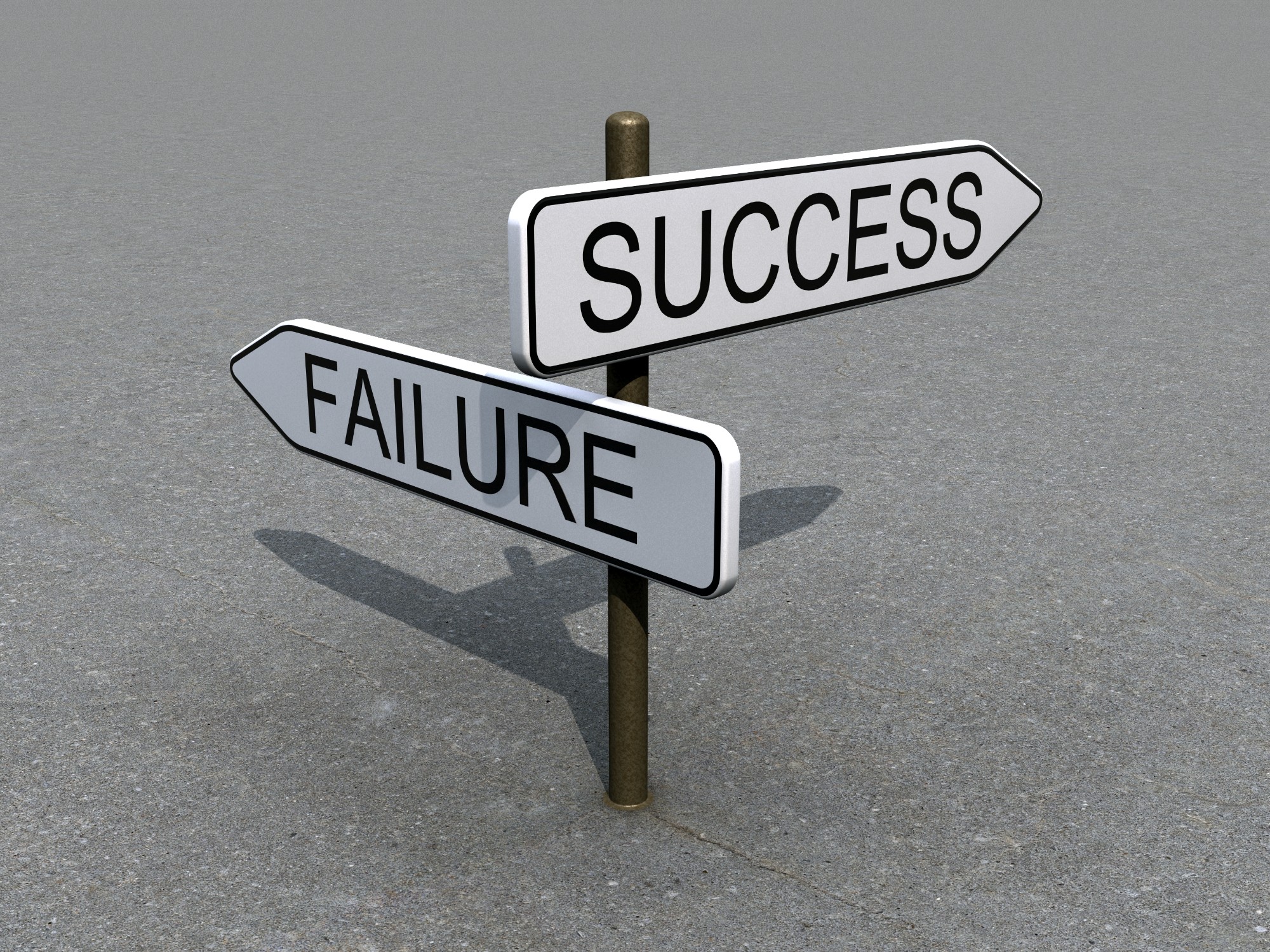Eskreis-Winkler and Fishbach (2022) reviewed evidence from their field study conducted using a failure game and pointed out that there are both emotional and cognitive barriers that prevent people from learning from their failures.
The emotional barriers refer to the conflicts between the desire of feeling good about oneself and learning from one’s failure. In the game study, Eskreis-Winkler and Fishbach (2022) found that players who received failure feedback reported lower self-esteem, which leads to less learning from the failure feedback. The goal of feeling good about oneself motivates people to stop paying attention to their failures in order to protect their sense of self. The desire to preserve the positive sense of self also leads people to lose interest in the task as well as interest in learning from failures. It also makes it difficult for people to engage in processes such as counterfactual thinking that otherwise promote learning from failures.
But it is possible to overcome the emotional and cognitive barriers. To remove the emotional barriers, Eskreis-Winkler and Fishbach (2022) suggests removing the ego from failure. For instance, people can learn from someone else’s failure. Evidence from a game study conducted by Eskreis-Winkler and Fishbach suggested that players learned just as much from others’ failures as others’ successes, but they learned less from their own failures than from their own successes. A potential explanation for this finding is that learning from others’ failures is less emotionally threatening and thus facilitates learning. An alternative way to overcome emotional barriers is to secure the ego so people can face the threatening failure and learn from it. For example, people can remind themselves of their abilities, expertise, or goals. In educational settings, instructors can help students learn from failures by giving critical and constructive feedback with a motivational message reminding them of the ability and skills they possess.
Cognitive barriers including confirmation bias and limited cognitive resources make it hard for people to learn from failures. Given that people almost never expect to fail on a task, they may not attend to contradictory or unexpected information that failure conveys. Moreover, learning from failure requires more mental effort than learning from success because people need to deduce the correct actions from the incorrect ones. The game studies conducted by Eskreis-Winkler & Fishbach also demonstrate the cognitive barriers - the empirical evidence suggests that about a third of players failed to see the useful information that failure contains.
There are several ways to overcome cognitive barriers according to Eskreis-Winkler and Fishbach (2022). One of them is to reduce the mental effort required to learn from failure. Evidence from a game study indicates that players’ ability to see the valuable information in failure increased when the game highlighted the usefulness of failure feedback. An alternative solution is to increase the available cognitive resources by spending more time on learning or engaging in fewer tasks at the same time. We can also try to promote a prevention-focused culture (i.e. minimize negative outcomes and prevent loss) around failure. This view of failure motivates people to pay more attention to failure and thus increases the chance of learning from it.
Eskreis-Winkler and Fishbach’s (2022) study and recommendations are helpful for educators to help students remove the barriers and promote their learning from failure. Their work is also closely related to EPIC’s ongoing research. We are interested in the relationship between students’ conceptualization of failure and their subsequent responses. Eskreis-Winkler and Fishbach’s (2022) work suggests that a range of cognitive and emotional factors can influence students’ reactions to their failures.
If you are interested in reading further about Eskreis-Winkler and Fishbach’s (2022) work, please retrieve it at:
Reference:
Eskreis-Winkler, L., & Fishbach, A. (2022). You Think Failure Is Hard? So Is Learning From It. Perspectives on Psychological Science, 17(6), 1511-1524.

